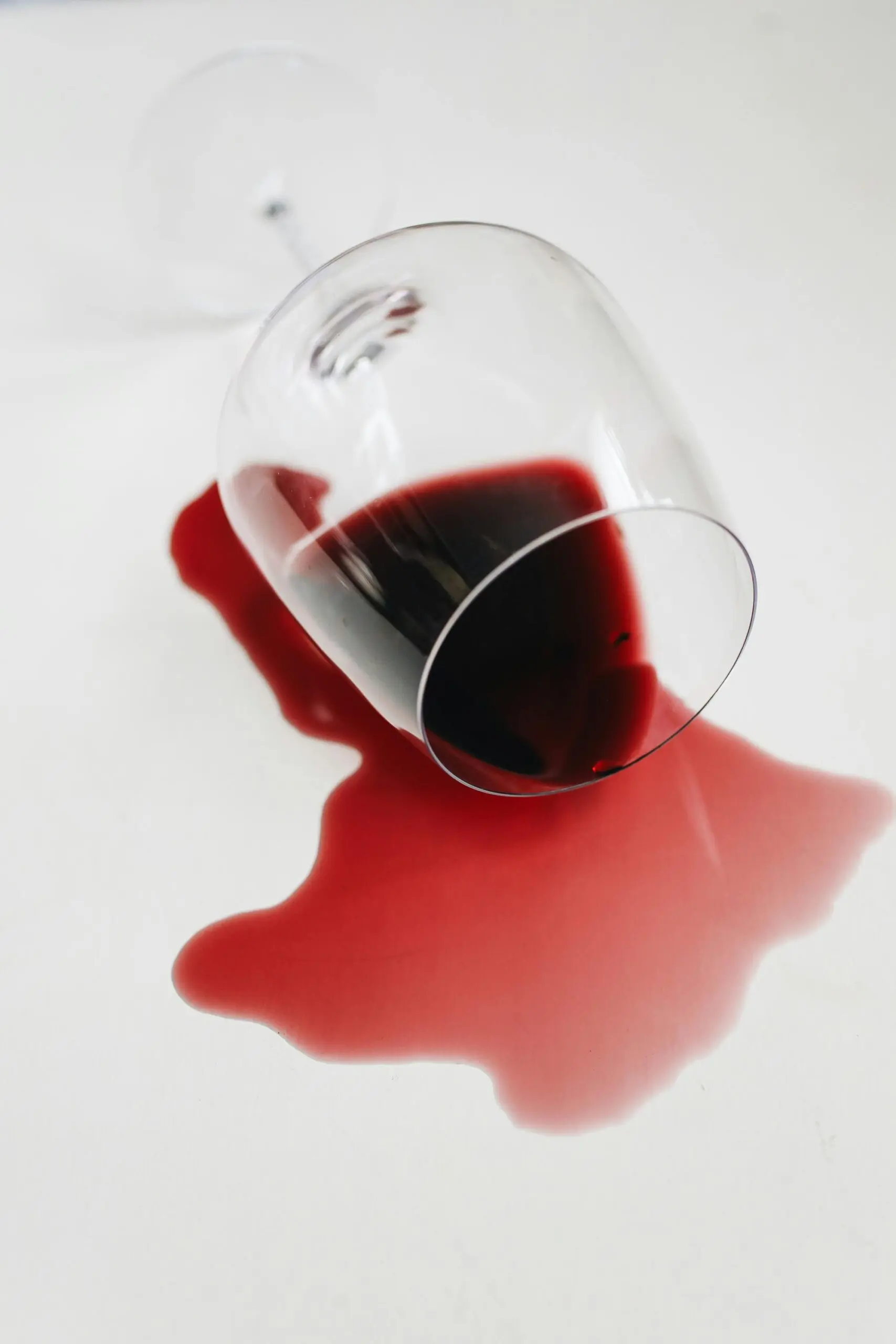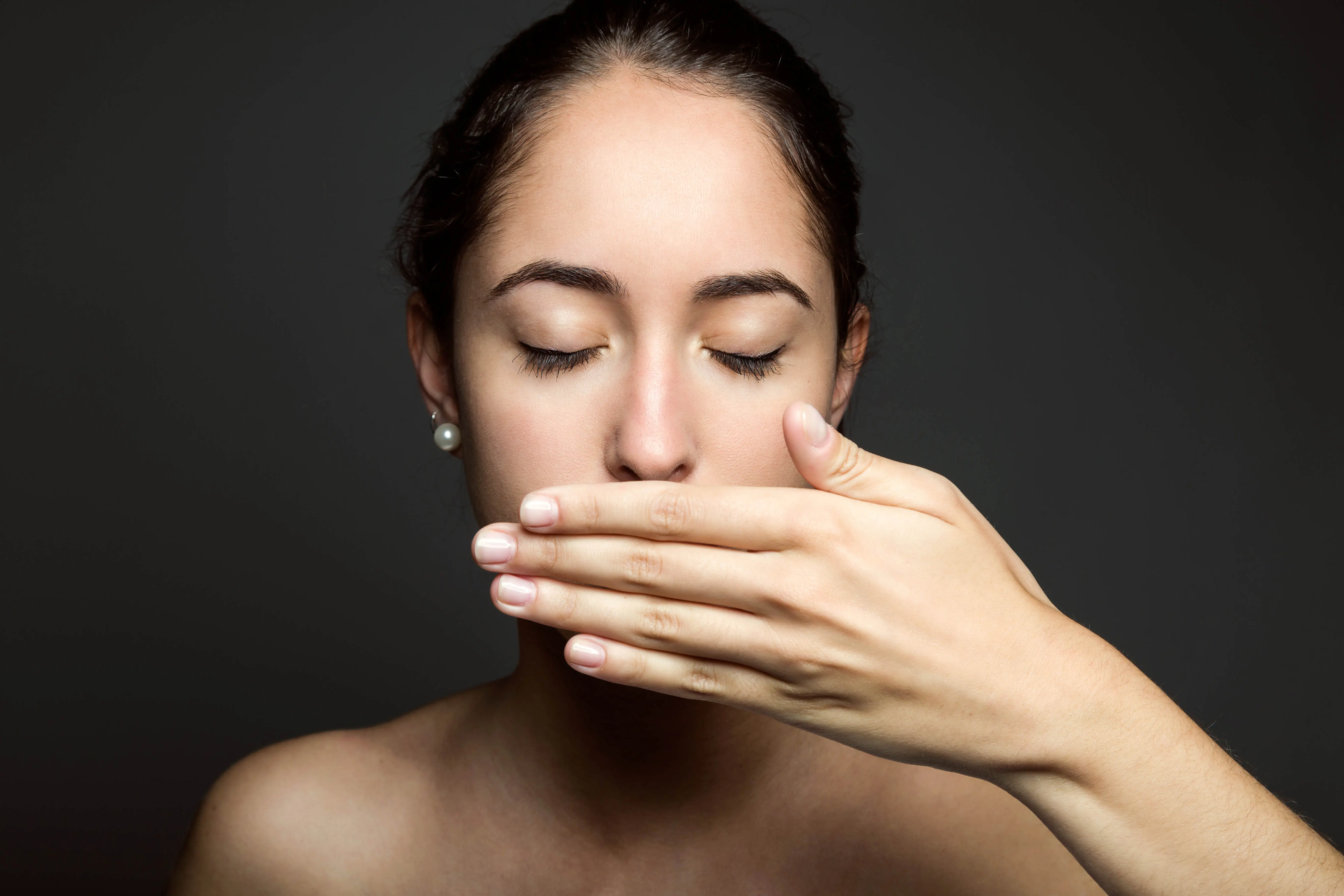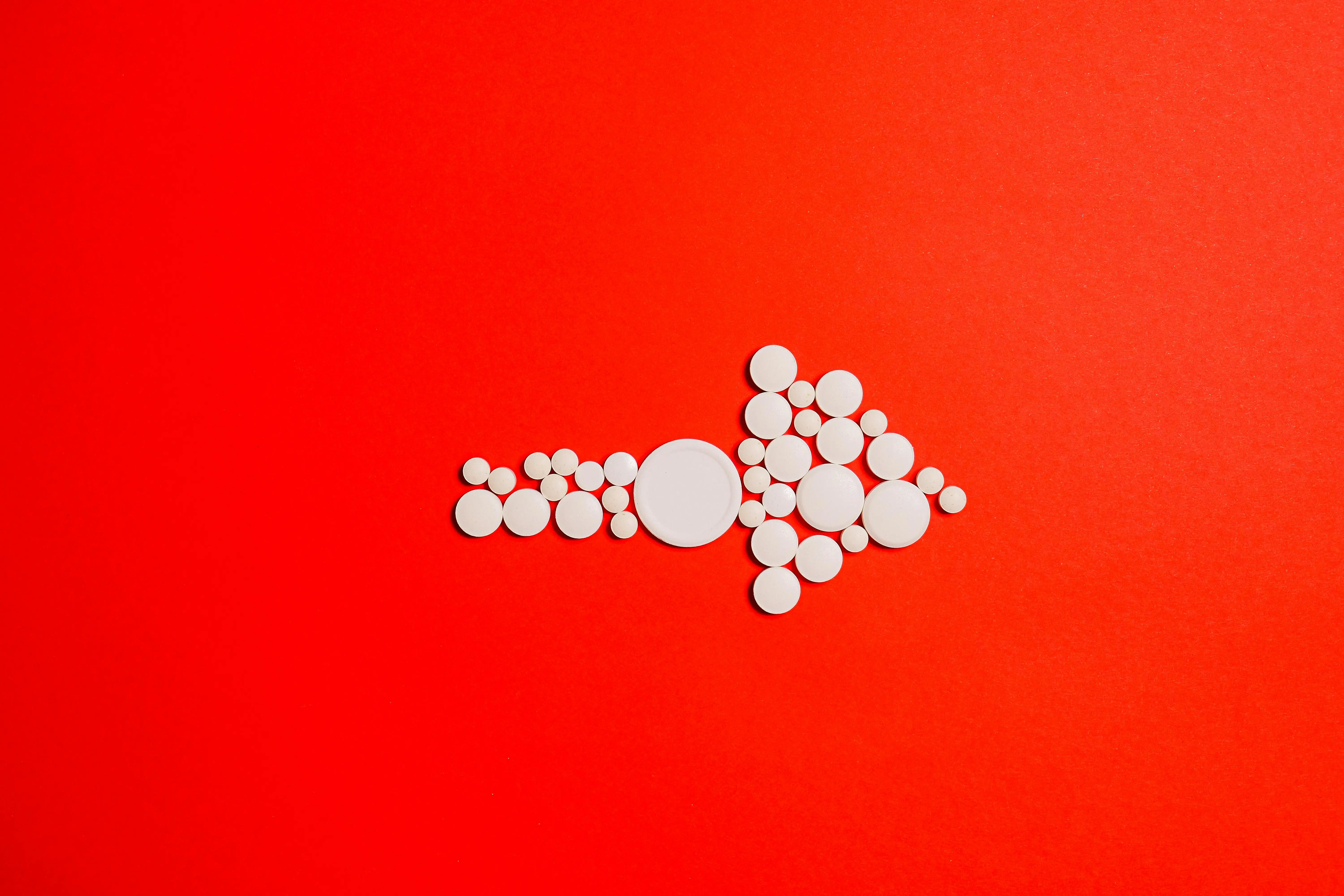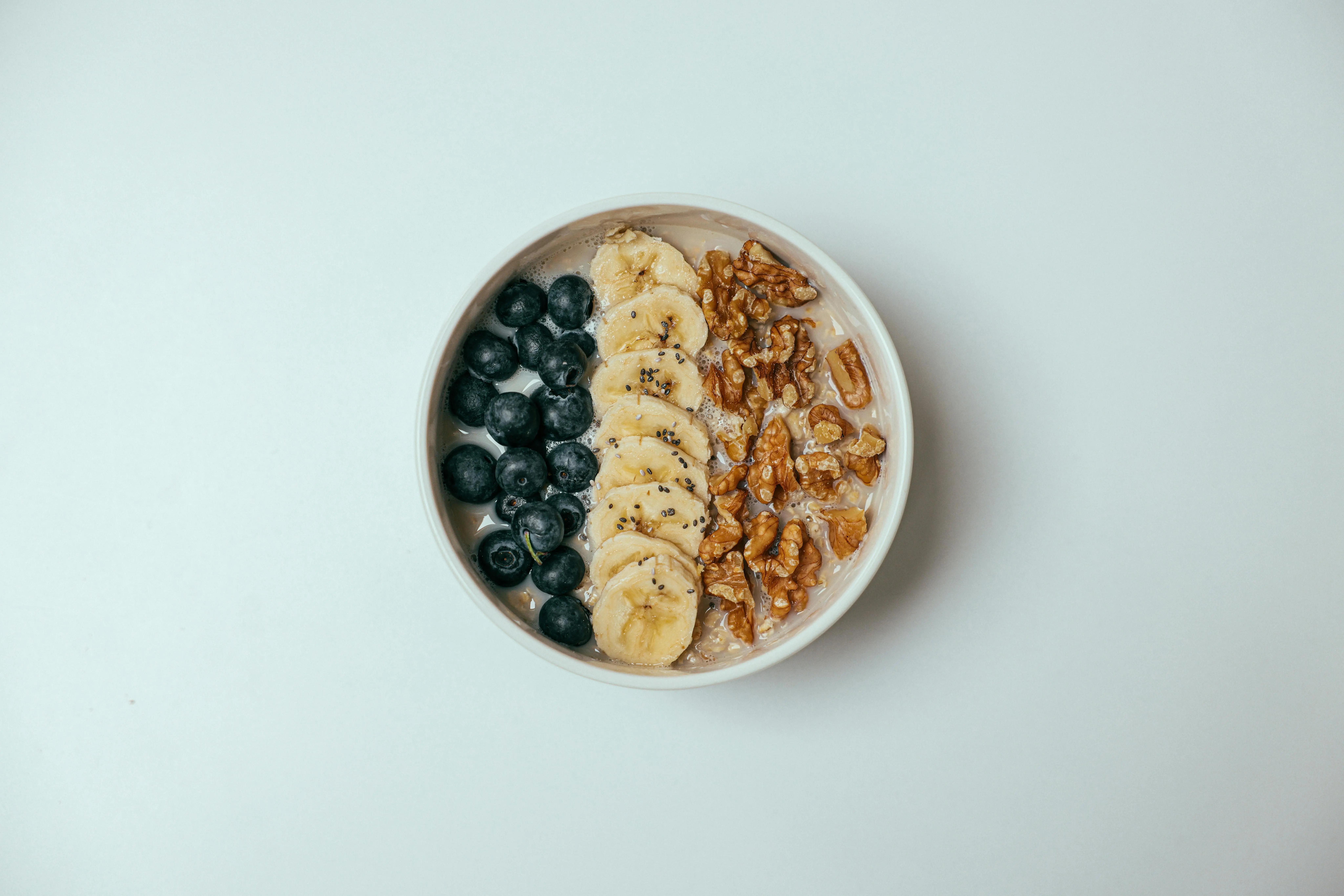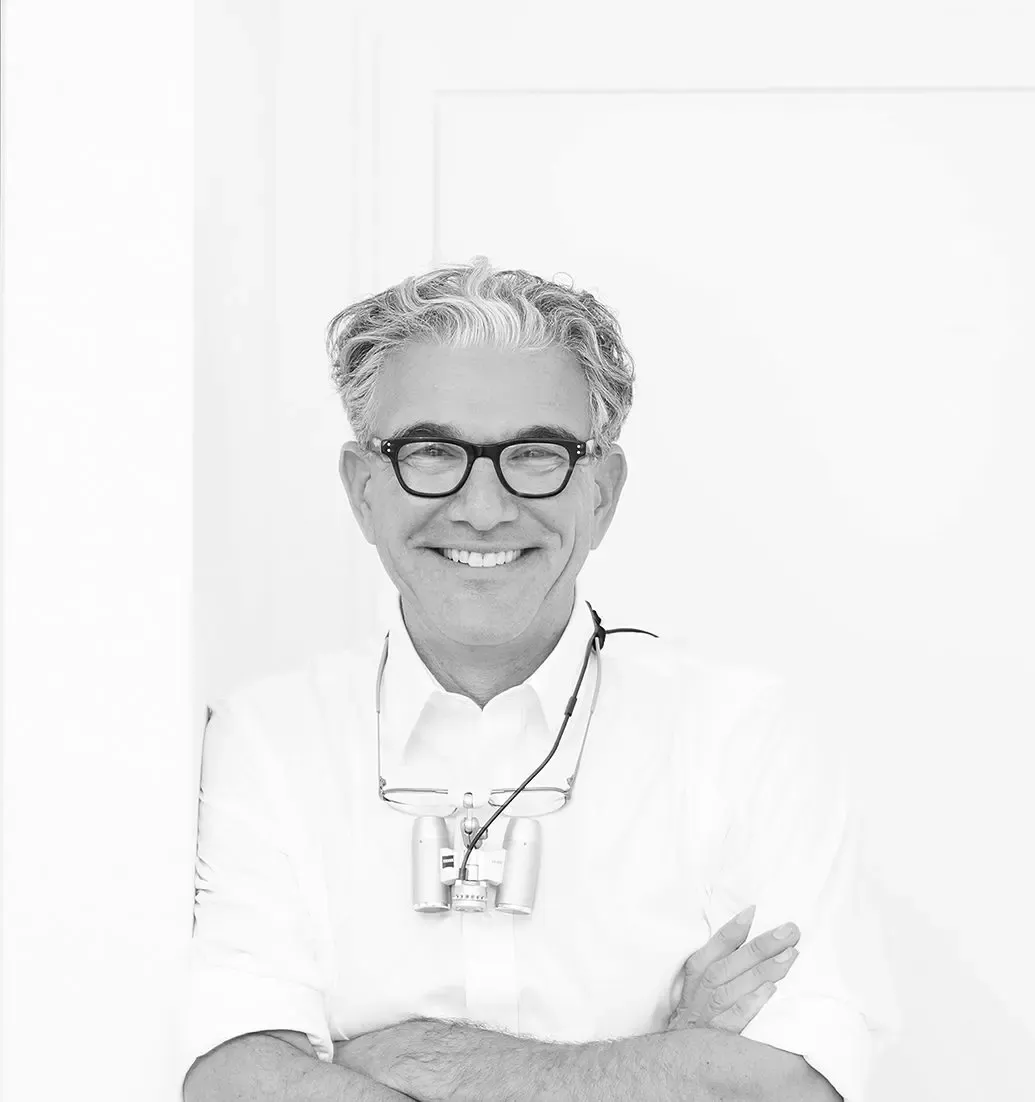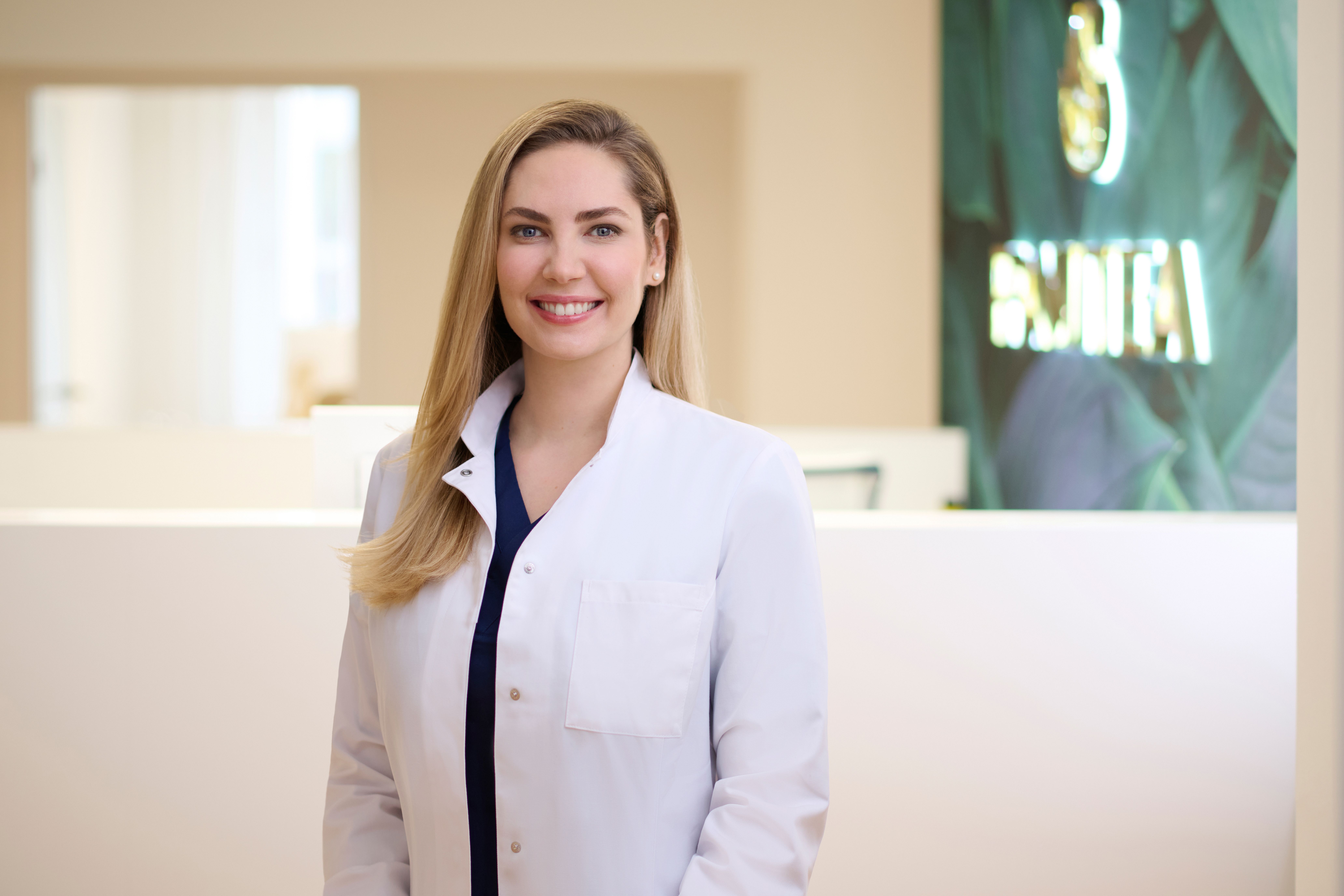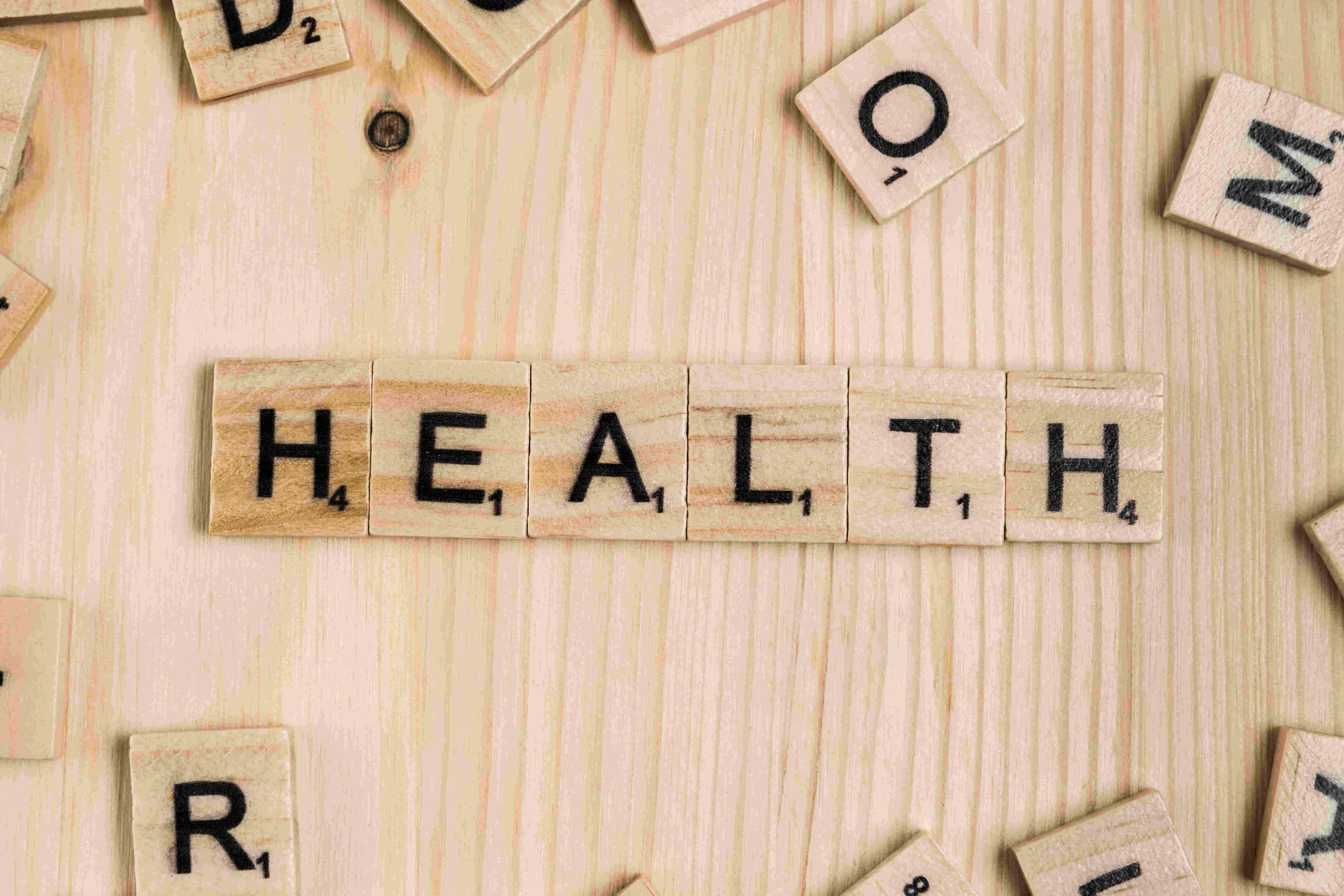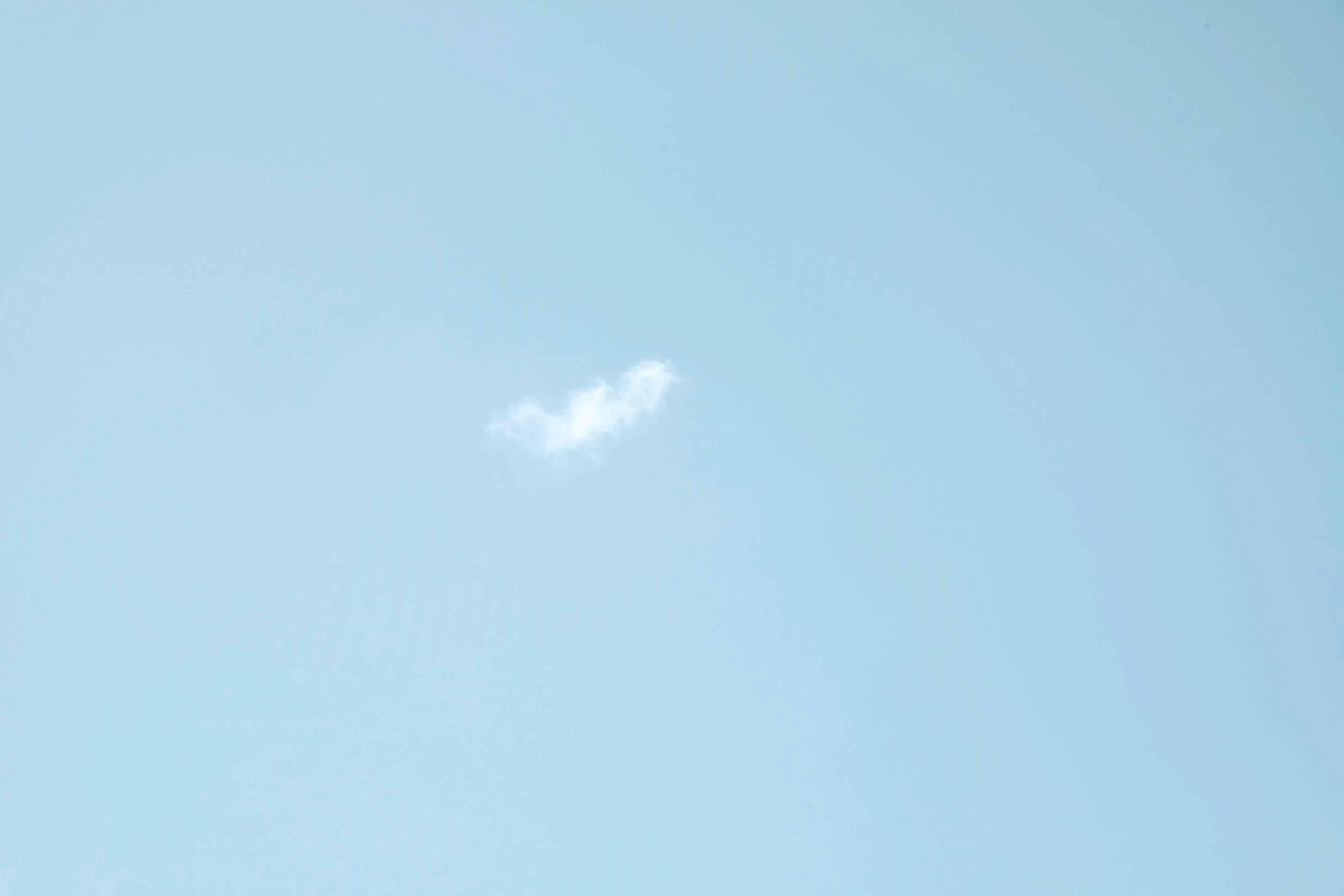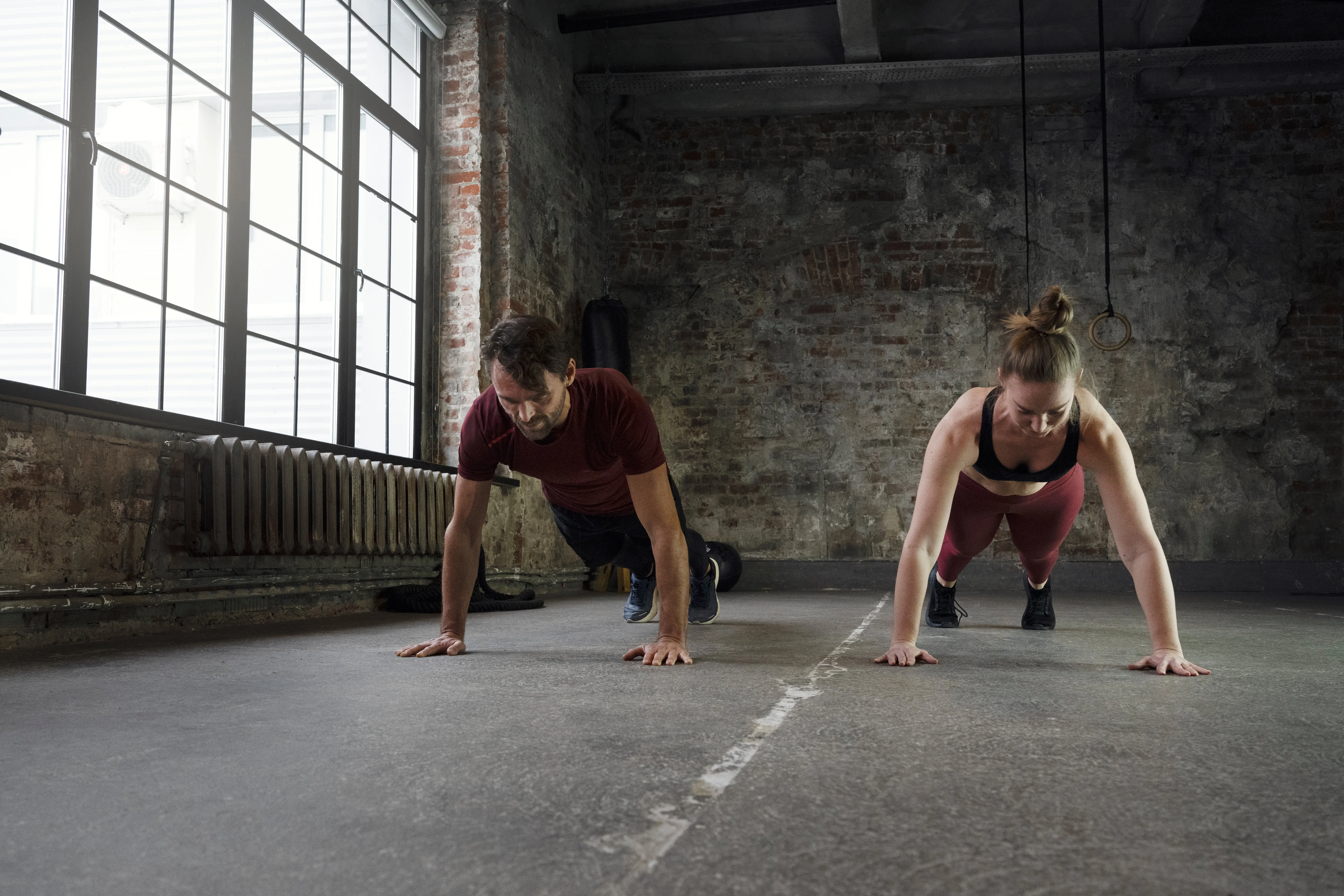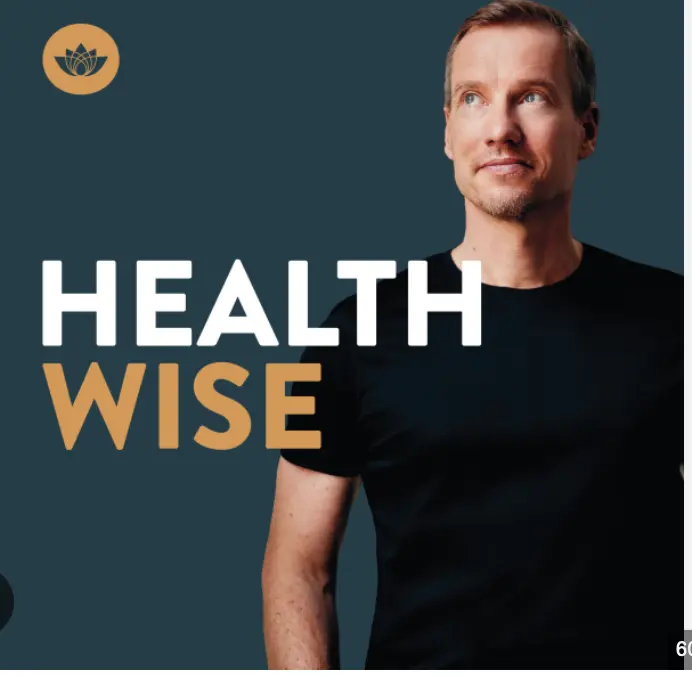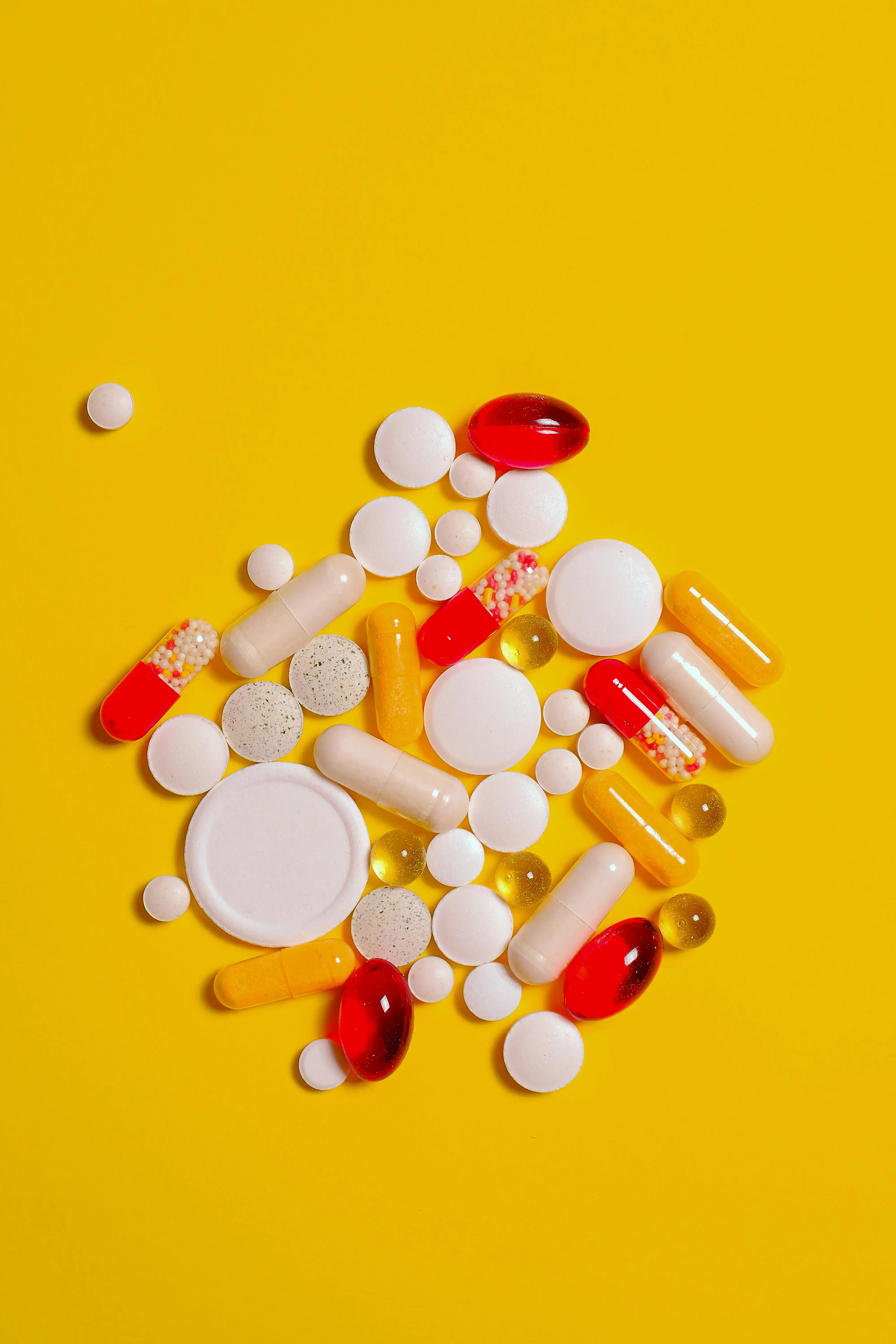The birthday – a celebration of life. It begins with a glass of champagne, perhaps followed by a fine red wine for dinner. While we toast each other and say “Cheers!”, we are actually pouring the opposite: a cell poison that is proven to harm our health.
Sounds drastic? It is. But that's only half the truth, as science journalist and bestselling author Bas Kast explains in our Healthwise Podcast Alcohol is part of normality.
A glass of wine at dinner, the after-work beer to relax – socially accepted and even glorified. “Alcohol is the only drug for which you have to justify yourself if you don't take it,” Kast emphasizes in the conversation. He strikes a chord with that.
A myth falls: The “healthy” glass of wine
We've all heard it: A glass of red wine a day is good for the heart. A myth that persists stubbornly. In fact, wine contains plant compounds like resveratrol, which are said to have anti-inflammatory effects.
But in talking to Kast, it becomes clear: To achieve the scientifically relevant amount of resveratrol, you would have to drink about 12 liters of red wine a day. An absurd thought that shows how little the “healthy glass of wine” has to do with reality.
Kast adds that wine drinkers often fare better in studies because they typically belong to a privileged, more health-conscious class. The wine itself is not the "elixir of life," but a statistical coincidence. And the alcohol? Scientifically proven, it is harmful in any dose - no matter how much we romanticize it.
Nils Behrens is the Chief Brand Officer of Sunday Natural.
